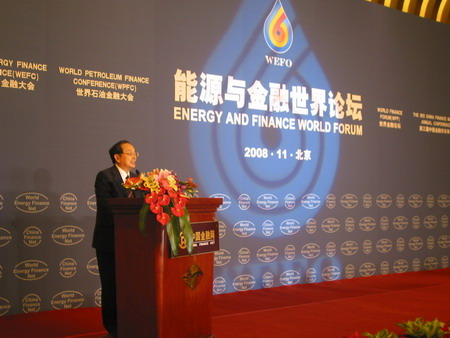 Abu Dhabi{ 08 November 2008 - For centuries civilisations have been built on trade. Athens on silver, Rome on wine and olive oil. The UAE, however, is built on a different kind of oil. But its reserves cannot last forever, which has seen two cities embark along very different paths, as Jamie Stewart reports.
Abu Dhabi{ 08 November 2008 - For centuries civilisations have been built on trade. Athens on silver, Rome on wine and olive oil. The UAE, however, is built on a different kind of oil. But its reserves cannot last forever, which has seen two cities embark along very different paths, as Jamie Stewart reports.The Kempinski Emirates Palace, Abu Dhabi, is home to an exhibition showcasing the under-construction Saadiyat Island development. An exhibition that has been toured, among many, by one George W Bush.
The exhibition is bordered by a wall covered with facts and figures concerning the growth of the UAE. Hidden among this wall is a white board sporting a series of bar charts that may have raised the eyebrows of a keen-eyed Bush on his January visit to the capital.
We are looking at how to incorporate the culture and heritage of Abu Dhabi.
As the chart states, in 1975, 21.2% of the UAE's gross domestic product was generated by the service sector, while 67.7% came from the mining and oil industries. By 2005, the service sector accounted for 42.1%, while mining and oil accounted for just 32.8%.
Oil, as we know, cannot last forever. Both Abu Dhabi and Dubai have begun to demonstrate that it's time to begin laying the groundwork within which their societies can operate without the financial benefits and guarantees that oil brings to the respective populations.
More >>>












